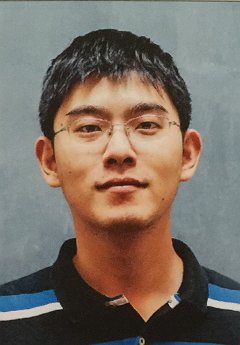[T5] An Invitation to the Intersection of Quantum Computing and Programming Languages
Quantum computing has promised unprecedented improvement in our computational ability to tackle classically intractable problems ranging from crypto-systems to the simulation of quantum systems, to optimization and machine learning. With the availability of prototypes of quantum computers, especially the recently established quantum supremacy, it becomes possible to investigate the implementation and performance of real-world quantum applications. However, many challenges, especially those from the perspective of programming languages, remain in order to unlock the ultimate promises of quantum computing. In particular, the existing quantum software techniques will face the difficulty of writing correct/useful/efficient quantum programs in the required time, very much like the “software crisis” that people encountered in the early time of classical computers.
This tutorial is an invitation for the general programming languages community to tackle these research challenges in quantum computing. It will introduce the concepts and the promises of quantum computing and highlight some existing research in the intersection of quantum computing and programming languages as well as a few potential ones. It will also walk through the program analysis/verification techniques on the quantum while-language as a way to introduce how the features of quantum mechanics would change the way of dealing with programming languages in quantum computing. No prior knowledge of quantum computing is assumed.
Xiaodi Wu is currently an assistant professor in the department of computer science and the institute for advanced computer studies at the University of Maryland, College Park. He is also a Fellow of the Joint Center for QuantumInformation and Computer Science (QuICS) between NIST and UMD. Wu works broadly on quantum computing from the computer science perspective and one of his active research areas is the intersection of quantum computing and programming languages. He is a recipient of NSF CAREER, CISE CRII, and AFOSR YIP awards, and a participant of multiple nation-wide collaborations on quantum computing research (e.g., DOE Quantum Science Center, AFOSR MURI on quantum programming languages). He has also co-organized the first international workshop on Programming Languages for quantum Computing (PLANQC) at POPL 2020 and served as a guest editor for ACM Transaction on Quantum Computing’s special issue on the techniques of programming languages, logic, and formal methods in quantum computing.
Mon 18 JanDisplayed time zone: Amsterdam, Berlin, Bern, Rome, Stockholm, Vienna change
18:00 - 19:30 | |||
18:00 90mTutorial | [T5] An Invitation to the Intersection of Quantum Computing and Programming Languages TutorialFest Xiaodi Wu University of Maryland, USA Pre-print | ||
